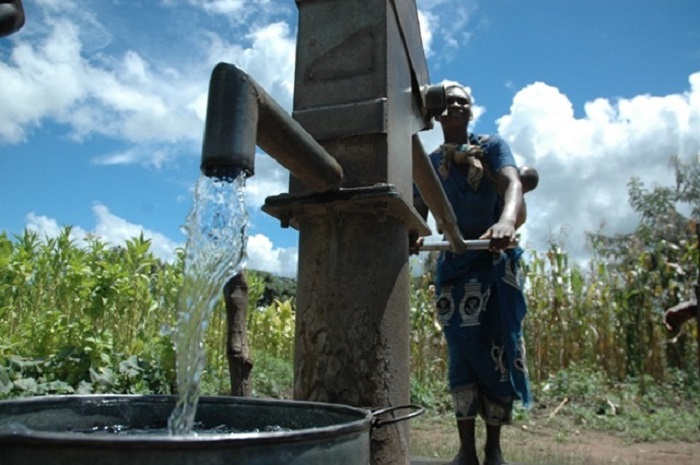The government of Tanzania is presently looking to revive all stalled water projects and initiate new schemes to boost water supply to majority citizens.
According to the Permanent Secretary in the Ministry of Water and Irrigation Professor Kitila Mkumbo, more efforts are made to ensure all projects are sustainably functional. This is with a view to hitting the target of 95 and 85% of urban and rural populations. He was speaking at the World Vision East Africa Regional WASH Learning event earlier on this week.
Efforts are currently being made to ensure that the projects are revived. The defunct projects account for about 30% of 167,000. Moreover, new ones are for safeguarding water sources. This is to prevent the instance that, come 2020 Tanzania has many completed projects but with limited access to the precious liquid.
Also read: Implementation of US $10.3m water projects in Tanzania underway
Management and supply of water
The permanent secretary noted that there are many challenges that face Tanzania and Africa in relation to management and supply of water. However, he hinted that his ministry will develop and sustainably manage water resources. That is in close collaboration with key stakeholders like World Vision.
World Vision Tanzania Director of Project Devocatus Kamara said the organization has spent US $1.5m in a year. This is under its long and short-term projects in 13 regions of Tanzania. Some of activities include construction of water wells. They have also safeguarded water sources on rivers and maintaining water canals.
The meeting brought together delegates from Tanzania, Kenya, Uganda, Rwanda, Burundi, Ethiopia, Sudan, South Sudan. Donor countries–US, Germany and Switzerland—were also present. The delegates used the platform to exchange ideas and share experiences to move forward.
World Vision Tanzania National Director Tim Andrews said in 13 regions of Tanzania, World Vision target by 2020 is to contribute towards measurable improvement in sustained well-being of boys and girls, especially the most vulnerable.

